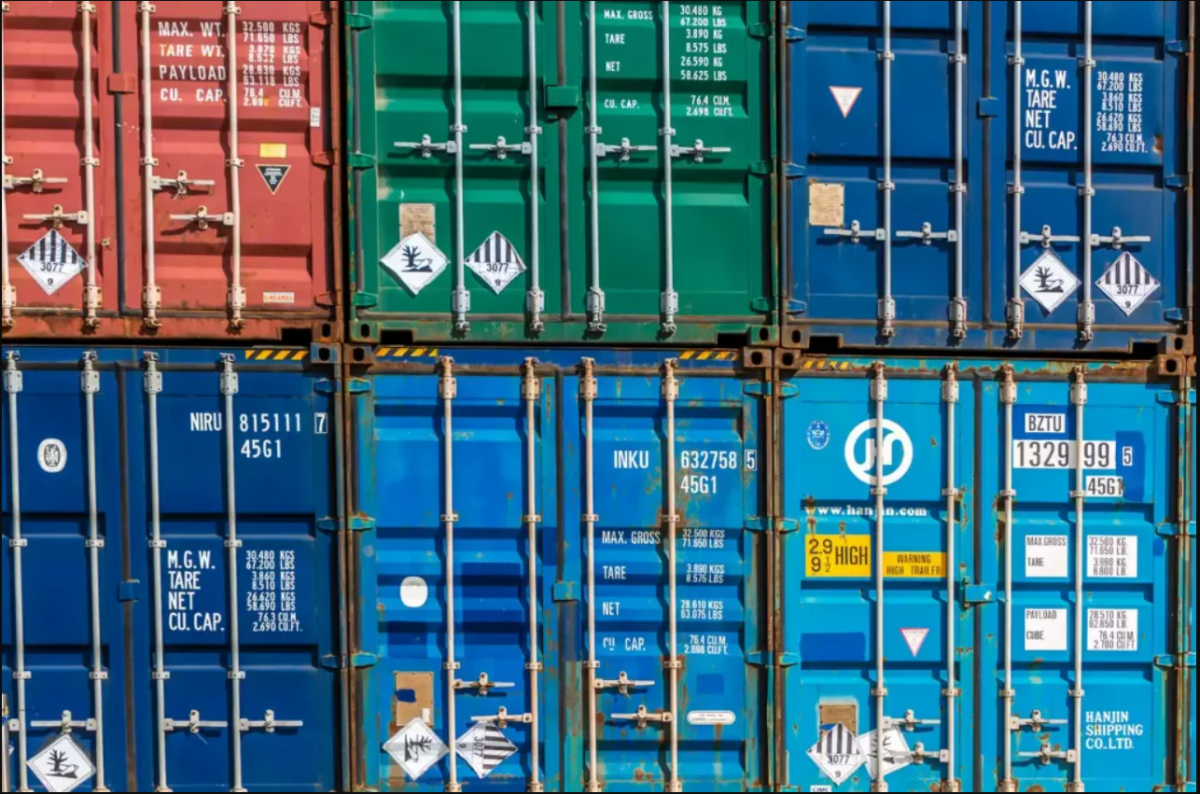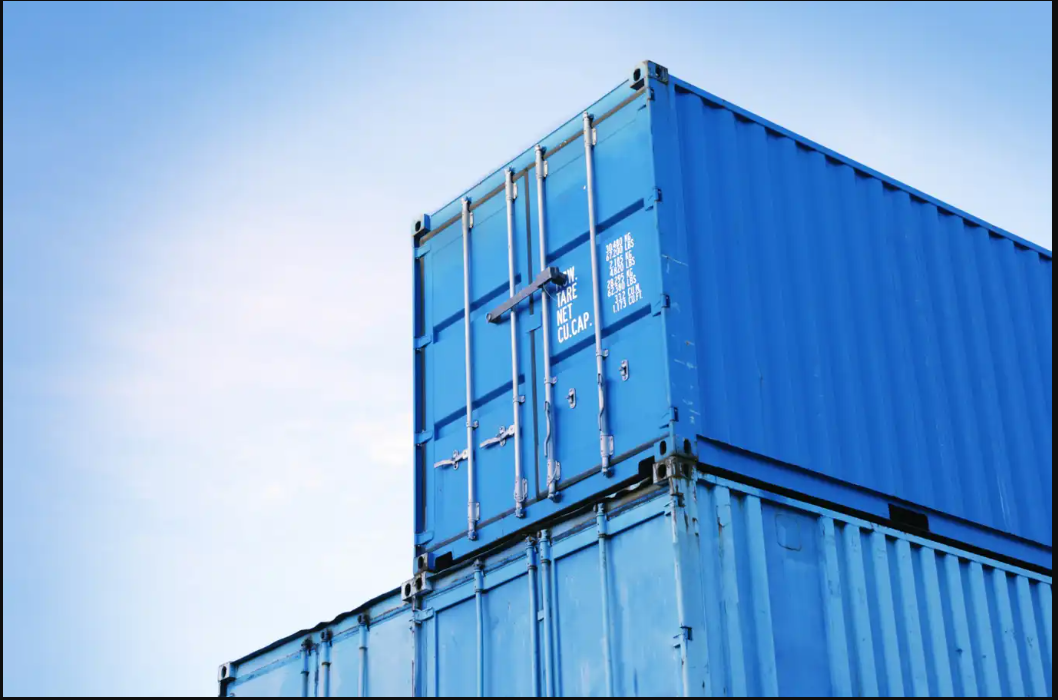Cargo delays don’t happen often, but if they do, they can be extremely frustrating. Given the recent challenges in global trade, delays can happen and your cargo might depart or arrive later.
When you have booked a shipment, often you want to get it delivered as planned. Your customers rely on you and request your products arrive timely – and they won’t be happy if the products won’t arrive on time or are simply out of stock. At Twill, we are striving for delivering your cargo on time. However, delays can happen, and we know that this can be a huge challenge for many small and medium-sized business owners.
So, why can your cargo get delayed, and how can you prevent your business from potential delays? Read our checklist to find out what might cause delay for your cargo and how you can prepare for it:
1. The pandemic and the ever-changing customer habits
Since 2020, the Covid-19 pandemic is having a significant effect on shipments and deliveries. As consumer behaviours have changed, they are shifting towards an increase in purchased goods and a decrease in purchased services. With that, many carriers are currently extremely busy transporting goods around the world. Especially trade lanes from Asia to Europe and from Asia to North-America are severely impacted. This is resulting in a lack of equipment and space restrictions on many vessels. While the situation continues, it is essential to follow the latest developments.
2. Extraordinary events and external factors in the shipping world
Some delays might be totally out of your or your logistics partners’ scope – for example, external factors such as the weather, piracy, wars, fire and extraordinary events – which is being described as “force majeure”. Hurricanes, cyclones and many other natural catastrophes can happen, and unfortunately, they can have severe impacts on ocean freight.
Another example is the vessel blockage in the Suez Canal in March 2021. The blockage made it hard to ship cargo smoothly and without any delay. With about 12% of global trade passing through the Suez Canal per year, the trade route provides the shortest sea link between Asia and Europe. And the blockage has exactly stopped this global trade for a week at the end of March. Now, delays are continuing, and on top of that, equipment and space on vessels are lacking.
These factors should play a role when forecasting your supply chain. To prepare yourself, check out the different methods of supply chain forecasting to make it easier for you to prepare for such events.

